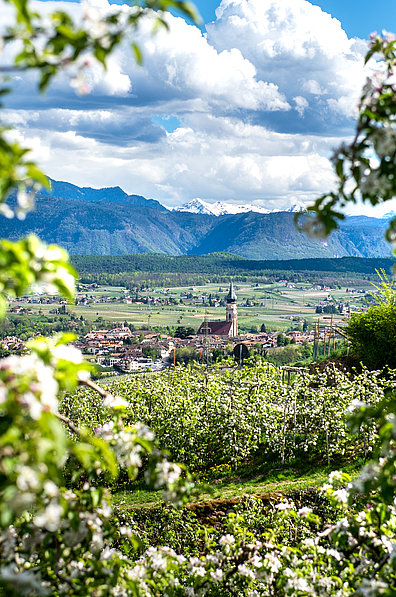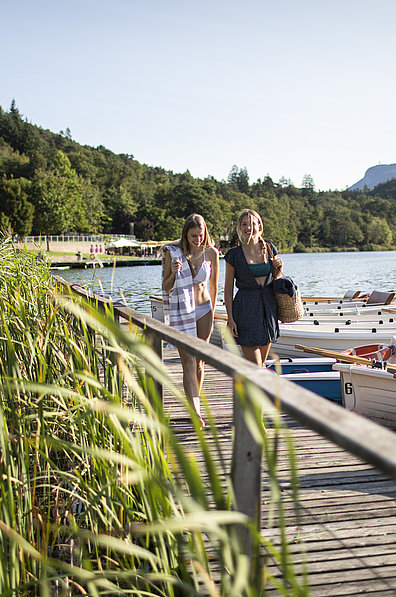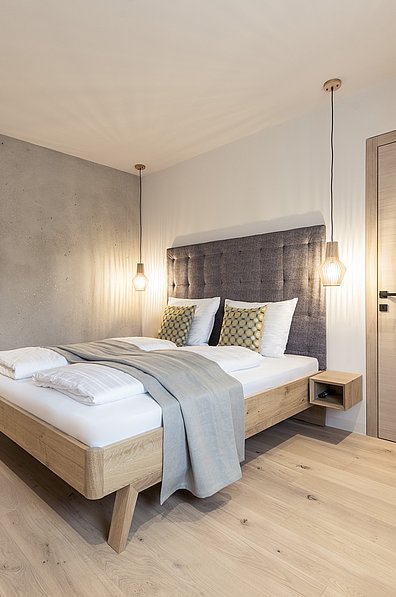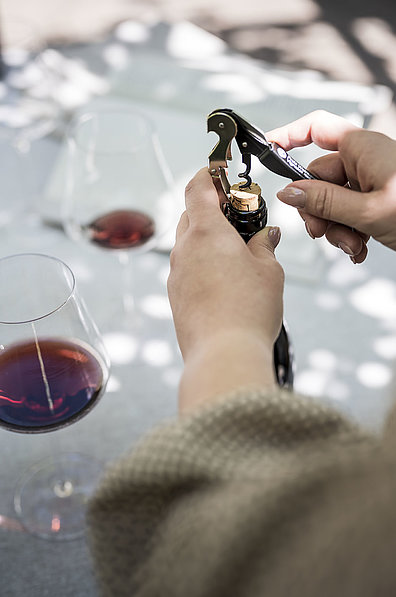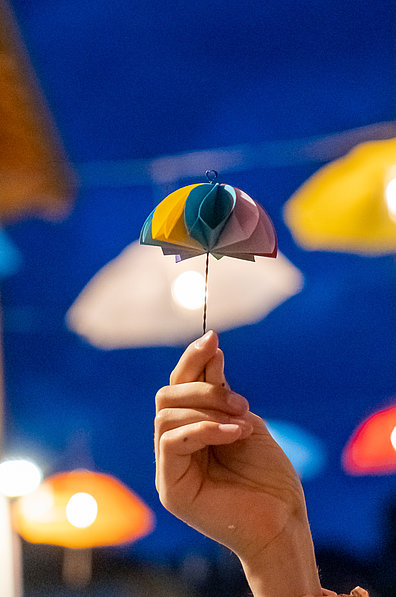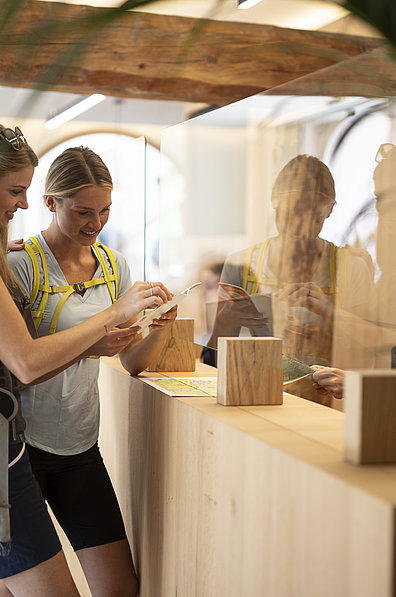Hauptmenü
Eppan
-
Eppan
- Eppan on the wine route
- Eppan live
- Eppan lives sustainability
Hauptmenü
Experience
-
Experience
- Weekly program
- Hiking
- Biking
- Sports & leisure
- Castles in Eppan
- Lakes & nature
Hauptmenü
Accommondations
-
Accommondations
- Search & book accommodations
Hauptmenü
Wine & Pleasure
-
Wine & Pleasure
- Wine & pleasure
Hauptmenü
Events
-
Events
- Events in Eppan
Hauptmenü
Contact & Info
-
Contact & Info
- Information
- Home.
- Events.
- Highlight Events.
- Romanesque Days

Romanesque Days
Idyllically located churches and chapels, richly adorned monasteries, castles and fortresses: on Saturday, 11 October, and Sunday, 12 October 2025, the Romanesque Days offer a rare opportunity to discover an exciting art period in many different ways. A total of 33 cultural sites across South Tyrol and nearby Switzerland will open their doors for free guided tours.
Step into monastic life of the past, explore chapels usually closed to the public, discover artistic treasures in castles and fortresses, and listen to music and texts from ancient manuscripts – these and many other extraordinary experiences await during the Days of Romanesque Art.
Through exclusive and free guided tours, visitors can admire hidden beauties and historical secrets of well-known or lesser-known monuments and sacred buildings from the period between 950 and the mid-13th century.
Saturday, 11th and Sunday, 12th October 2025
Hocheppan Castle, Missian | Eppan
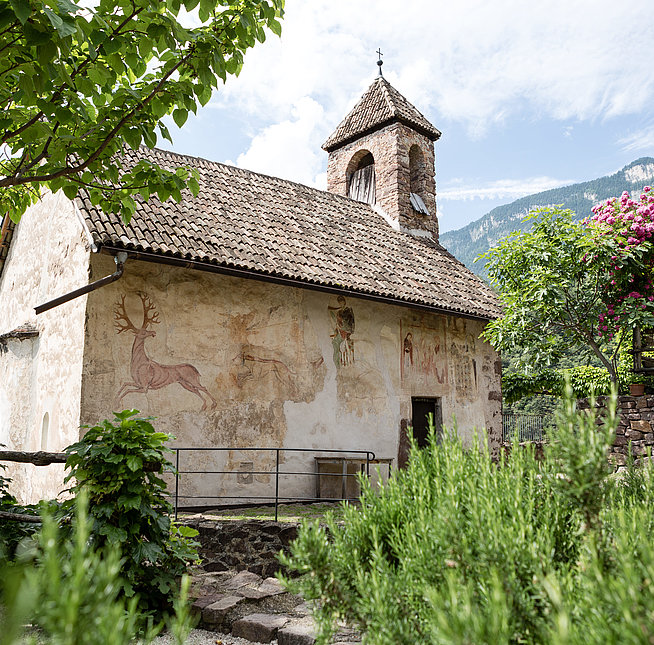
Castle chapel at Hocheppan Castle
The castle chapel at Hocheppan Castle also welcomes all interested visitors on these days. Free guided tours take place every half hour between 10 a.m. and 4 p.m. This chapel is considered one of the most important Romanesque art monuments in South Tyrol and impresses with its valuable frescoes. The murals, which were only fully uncovered in 1926, date back to the first decade of the 13th century. In addition to religious motifs, there are also rare secular depictions, such as a hunting scene on the outer wall. Particularly well-known are the frescoes of the foolish virgins and the dumpling eater—the first pictorial evidence of Tyrolean dumplings.


